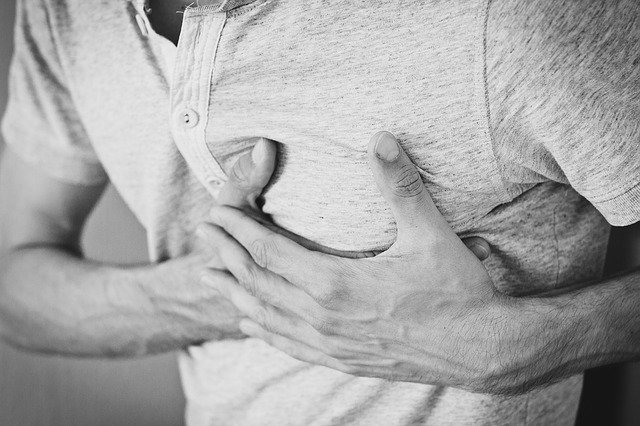
For people who survive a heart attack, the most important thing is to reduce their risk of a second one.
However, research shows that about 20% of people who have had a heart attack will suffer a second heart attack within five years.
In the U.S., every year there are about 335,000 recurrent heart attacks.
Dr. Nieca Goldberg, the medical director for the Joan H. Tisch Center for Women’s Health at New York University’s Langone Medical Center, provides tips to protect against a second heart attack.
A heart attack occurs when there is a sudden complete blockage of an artery that supplies blood to an area of the heart.
One way to reduce the chance of a second one is taking medication.
After a heart attack, doctors will prescribe aspirin, a beta blocker, statin therapy or other drugs to make sure heart muscles work normally. It is important to take the drugs as instructed.
You need to visit your doctor regularly to monitor key risk factors such as blood pressure and diabetes.
It is also important to get familiar with common heart attack symptoms.
For men, the main symptoms of a heart attack include nausea or vomiting; jaw, neck or back pain; squeezing chest pressure or pain; and shortness of breath.
For women, the common symptoms include nausea or vomiting; jaw, neck or upper back pain; chest pain sometimes; pain or pressure in the lower chest or upper abdomen, shortness of breath; fainting; indigestion; and extreme fatigue.
Getting familiar with the symptoms may help you recognize the disease and call for help early.
Cardiac rehabilitation could help cut the risk of a second heart attack.
Cardiac rehabilitation is an outpatient program that uses medically supervised exercise to improve heart health.
People usually do it three times per week for about three months. It also teaches patients nutrition knowledge and risk management skills such as weight loss and quitting smoking.
Having healthy lifestyle habits is an important way to reduce heart attack risk.
You need to have regular exercise every week to maintain your heart health. Physical activity after a heart attack should be regular physical activity, not high-intensity exercise.
You also need to have a healthy diet that high in whole grains, healthy fats, vegetables, and fruits. Reduce your intake of added sugar, salt, unsaturated fat, and processed foods.
For example, the Mediterranean diet and the DASH diet can help protect your heart health and blood pressure.
Keeping relaxed and socially connected may reduce your heart disease risk.
Previous research has shown that loneliness and depression can harm heart health.
For example, researchers have found that socially isolated people have a higher risk of heart disease and stroke than their social peers.
This may be because people who live alone could be more prone to bad lifestyle habits, such as smoking, avoid exercise, drinking alcohol, and not seek health care when sick.
In addition, high stress may lead to inflammation in the body, which connects heart disease and depression.
Therefore, it is important to maintain your social network and reduce daily stress.
Copyright © 2019 Knowridge Science Report. All rights reserved.



